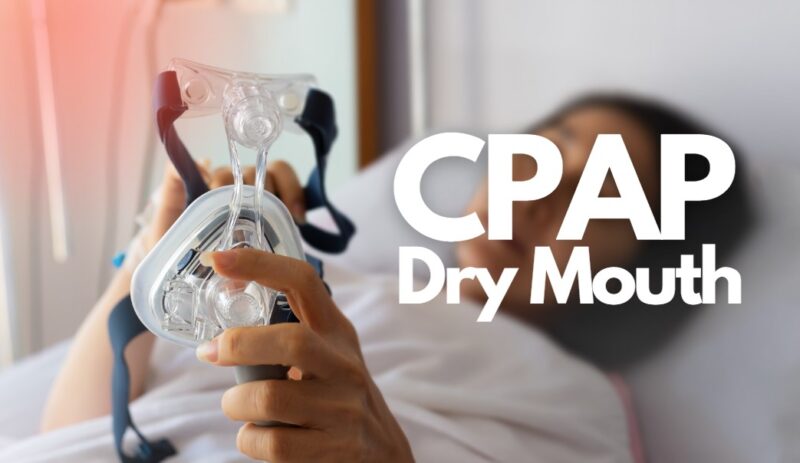Do you wake up with a parched mouth, a rough, scratchy throat, or a feeling that you’ve just swallowed a handful of sand while using your Continuous Positive Airway Pressure (CPAP) machine? You’re not alone. Many individuals who use CPAP therapy for sleep apnea report dry mouth as a common side effect. A dry mouth might seem like a minor annoyance, but it can disrupt sleep and potentially impact the efficacy of your CPAP therapy.
Understanding the cause and effects of dry mouth in relation to CPAP usage is the first step toward resolution. This comprehensive guide delves into why you might experience dry mouth during CPAP therapy and offers valuable insights on how to alleviate this discomfort, ensuring a comfortable and effective therapy experience.
The Causes of Dry Mouth While Using CPAP
A dry mouth during CPAP use can be attributed to several factors. The most common cause is air leakage. When your CPAP mask doesn’t fit correctly, air escapes and causes your mouth to dry out. Open-mouth breathing during sleep can also lead to dry mouth. If you tend to breathe through your mouth at night, the pressurized air from the CPAP machine can cause your mouth and throat to become dry.
Additionally, the CPAP machine’s settings can also be a factor. CPAP machines work by blowing air into your airways to keep them open and prevent apnea events. If your machine’s pressure setting is too high, it can lead to excessive dryness. Moreover, the lack of a humidifier or improper use of one can cause dryness as the air from the machine lacks sufficient moisture.
Lastly, certain medications and health conditions, such as diabetes or Sjogren’s syndrome, can exacerbate the feeling of dry mouth. Therefore, it’s essential to consider these possibilities when trying to identify the source of your dry mouth discomfort.
The Importance of Proper CPAP Mask Fit
A well-fitted CPAP mask is crucial in preventing air leaks and, consequently, dry mouth. It’s a balancing act between comfort and functionality. The mask should be snug enough to prevent air from escaping but not so tight that it causes discomfort or skin irritation. It’s also important to consider the style of the mask. Full-face masks, nasal masks, and nasal pillows all have different fits and benefits.
Take the time to adjust your mask while you’re awake, trying different positions and tightness levels. Also, remember to replace your mask components regularly, as wear and tear can compromise the seal over time. Don’t be discouraged if you don’t find the perfect fit immediately. It often takes trial and error to find the right mask and adjustments for you.
However, don’t let the pursuit of the perfect fit prevent you from getting the treatment you need. Remember, a minor air leak that doesn’t disrupt your sleep or the effectiveness of your treatment might be a reasonable trade-off for comfort. The goal is to achieve the best sleep quality possible, which might mean accepting a less-than-perfect situation.
How to Choose the Right Humidifier
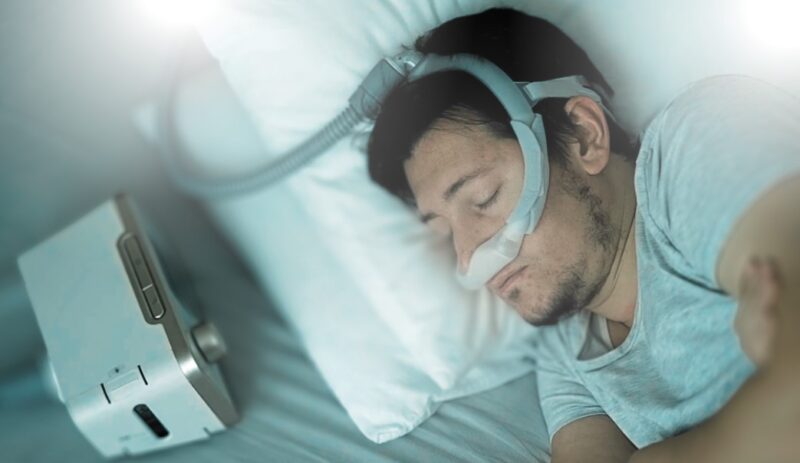
Humidification is a key component in preventing dry mouth during CPAP therapy. A CPAP humidifier works by adding moisture to the air that the machine delivers, helping to soothe and hydrate your airways. Most modern CPAP machines come with a built-in or integrated humidifier, while older models may require an external one.
When choosing a humidifier, consider factors like the capacity of the water tank, ease of cleaning, automatic adjustment capabilities, and whether it can operate with distilled water. A larger water tank can provide humidification for longer periods, but it also increases the size and weight of your CPAP machine. A humidifier with automatic adjustment can adapt to changes in room temperature or humidity, providing a consistent level of humidification throughout the night.
Remember, a humidifier should help enhance your comfort during CPAP therapy, not add to your frustrations. Choose a model that fits your lifestyle and sleep habits.
Tips for Adjusting CPAP Humidification Settings
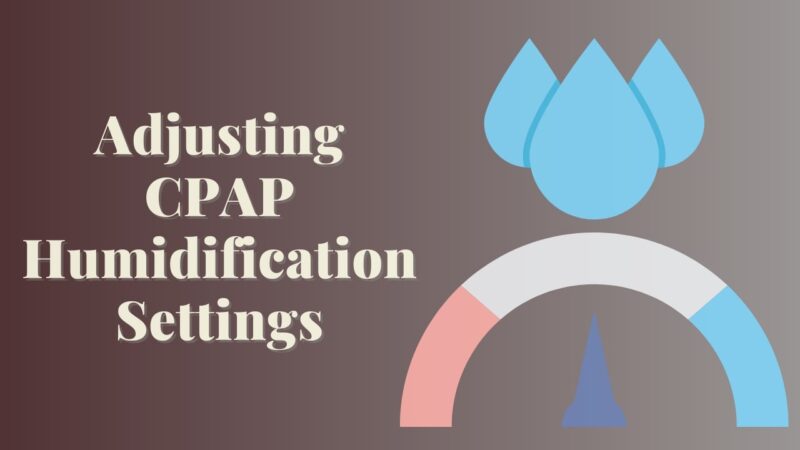
When it comes to adjusting your CPAP humidification settings, a “one-size-fits-all” approach doesn’t work. Everyone’s needs are unique, and it may take some experimentation to find the right settings for you. If you’re experiencing dry mouth, you may need to increase your humidifier’s heat setting to provide more moisture.
However, avoid maxing out your settings as this could lead to “rainout” – a situation where water condenses in your CPAP hose and mask. A balance must be struck between too much and too little humidity. As a general rule of thumb, start with a lower setting and gradually increase it until you find a level that alleviates your dry mouth but doesn’t cause a rainout.
Most importantly, don’t hesitate to seek advice from your healthcare provider or equipment provider. They can provide guidance based on your specific circumstances and needs, making the adjustment process smoother and more effective.
Effective Strategies to Combat Dry Mouth During Therapy
Preventing dry mouth goes beyond adjusting your machine’s settings or using a humidifier. One effective strategy is using a chin strap if you tend to breathe through your mouth during sleep. A chin strap helps keep your mouth closed, ensuring the pressurized air goes into your airways where it’s needed most.
Another option to explore is the use of a full-face mask, especially if you’re a mouth-breather. Full-face masks cover your nose and mouth, allowing you to breathe comfortably without losing the benefits of your CPAP therapy.
Lastly, be mindful of your room’s environment. A room that’s too hot or too cold can affect your comfort and the performance of your CPAP machine and humidifier. Try to maintain a comfortable and consistent temperature in your sleeping area.
While CPAP therapy can sometimes cause dry mouth, it’s important to remember that medical professionals are constantly working on innovative strategies to improve breathing wellness for their patients, a topic we delve into in another one of our articles.
Hydration Habits to Alleviate Dry Mouth
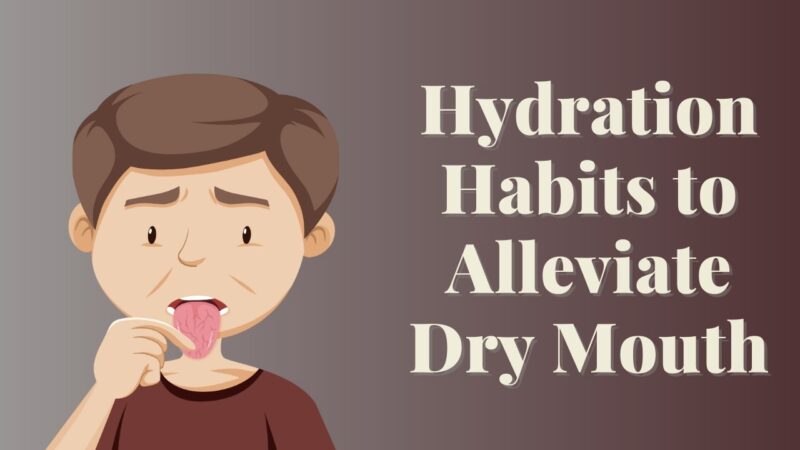
Staying well-hydrated is a simple yet effective way to combat dry mouth from CPAP use. Drinking plenty of water throughout the day can help maintain saliva production and keep your mouth moist. However, avoid excessive fluid intake close to bedtime to prevent frequent waking due to the need for urination.
Also, consider your diet. Certain foods and beverages can dehydrate you, such as salty foods, coffee, and alcohol. If you notice your dry mouth worsens after consuming these, try limiting your intake, particularly in the hours leading up to bedtime.
Incorporating hydrating foods into your diet, such as fruits and vegetables, can also contribute to overall hydration. These healthy habits will not only help alleviate dry mouth but also promote overall health and well-being.
The Role of Nasal Sprays and Saline Rinses in Moisturizing Airways
Nasal sprays and saline rinses can be valuable tools in your battle against dry mouth from CPAP use. They can help moisturize your nasal passages, improving comfort during therapy. Saline rinses also help to clear out any allergens or irritants in your nasal passages that may be contributing to your dry mouth or making it worse.
Over-the-counter saline sprays and rinses are generally safe for regular use. However, avoid medicated nasal sprays unless directed by a healthcare provider, as they can lead to dependence and worsening congestion over time.
Remember, while these solutions can provide relief, they should be used in conjunction with other methods of preventing dry mouth. They are part of the solution, not a standalone cure.
Exploring Alternative CPAP Mask Options
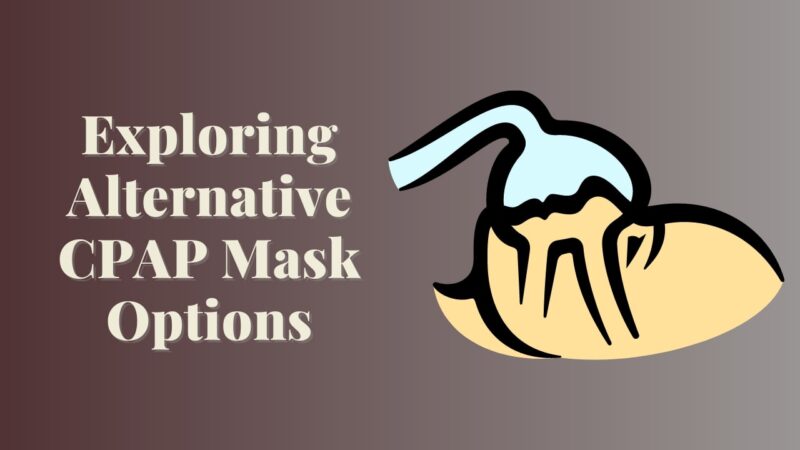
While proper mask fit is critical, sometimes a different style of mask can make a significant difference in alleviating dry mouth. If you’re a mouth-breather and a chin strap isn’t comfortable or effective for you, a full-face mask may be a suitable option. These masks cover your mouth and nose, allowing you to breathe freely through both.
Hybrid masks are another alternative. These masks cover the mouth but have nasal pillows that fit into the nostrils, providing direct airflow. This style can be particularly beneficial if you struggle with air leakage from a full-face mask.
Remember, the most effective mask for you is the one that you can wear comfortably and consistently. Don’t hesitate to try different styles until you find the right fit for your needs and preferences.
Lifestyle Changes and Remedies
Beyond equipment and settings, certain lifestyle changes can help reduce the occurrence of dry mouth from CPAP use. Regular exercise and maintaining a healthy weight can reduce the severity of sleep apnea, potentially lessening the pressure settings required on your CPAP machine.
Limiting alcohol and caffeine, especially close to bedtime, can help as these substances can dry out the mouth and throat. Additionally, smoking cessation is highly beneficial, as tobacco smoke can irritate and dry out your mouth and nasal passages.
Lastly, there are several over-the-counter remedies, such as mouthwashes, sprays, and gels designed specifically for dry mouth. These products can provide temporary relief by moisturizing the mouth and promoting saliva production.
When to Consult Your Healthcare Provider
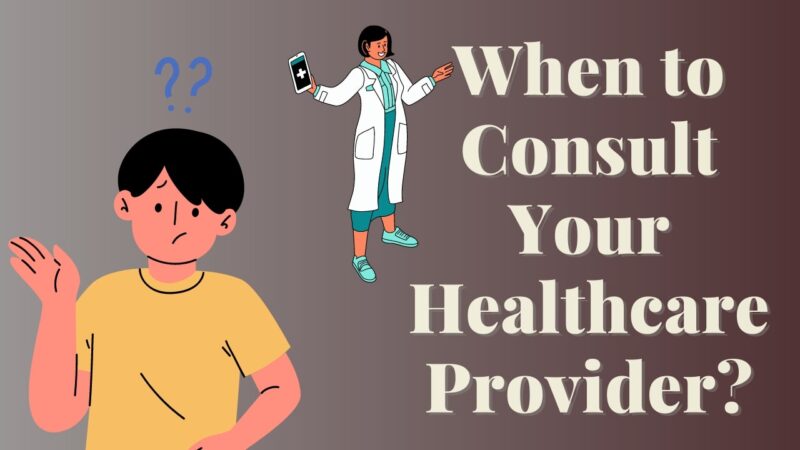
While dry mouth from CPAP use can often be managed with the strategies mentioned above, there are instances when you should reach out to a healthcare provider. If your dry mouth is severe, persisting despite self-care measures, or if it’s accompanied by other concerning symptoms such as persistent sore throat, difficulty swallowing, or a notable change in your voice, seek medical advice.
Your healthcare provider can conduct a thorough evaluation, consider other potential causes of dry mouth, and provide tailored treatment recommendations. They can also liaise with your sleep therapist or equipment provider to consider any necessary adjustments to your CPAP therapy.
Remember, your healthcare provider is your partner in ensuring your CPAP therapy is as effective and comfortable as possible. Never hesitate to reach out with any concerns or questions.
Final Words
Experiencing dry mouth from CPAP use can be a frustrating hurdle in managing sleep apnea. However, understanding the root causes and employing a combination of equipment adjustments, lifestyle changes, and home remedies can significantly alleviate your discomfort.
Everyone’s experience with CPAP therapy is unique, so don’t be disheartened if the first solution you try doesn’t work. Persistence is key, and with time, you’ll find the strategies that work best for you.

